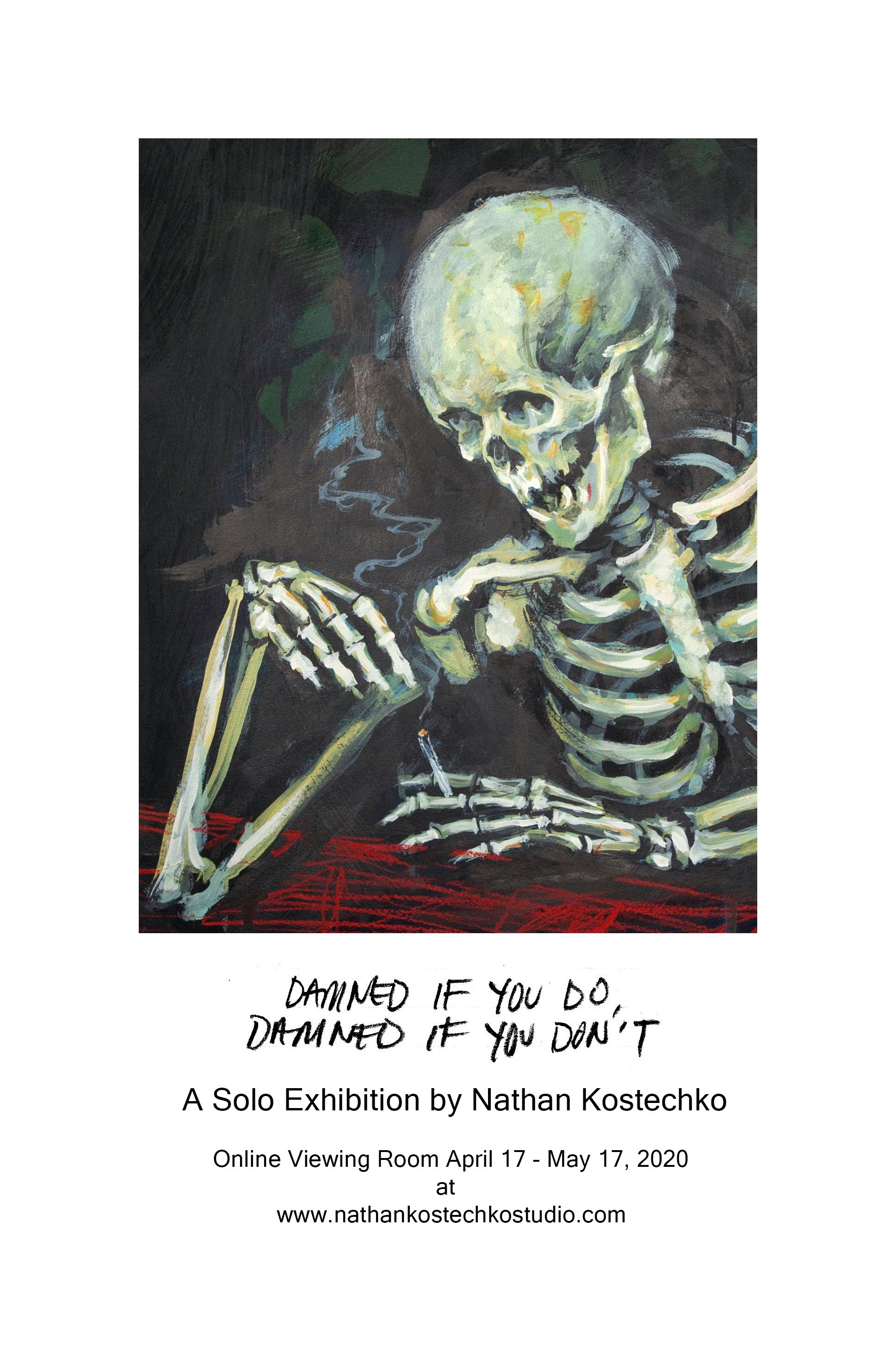What is it about a beautiful woman that reduces a self-possessed middle-aged man to a state of woeful inadequacy? Has the sexual revolution left men so far behind that we are unable to cope with a set of perfectly arranged features or a promising cleavage? I sometimes wonder whether the adult male is permanently trapped in a state of pre-teenage anxiety, so that the mere appearance of a striking female has him nervously checking for signs of lingering acne.
Perhaps, however, it is a kind of fear. That thought was crystallised by Barbara Amiel, the journalist wife of Lord Black of Crossharbour, who was quoted at the weekend as saying: “If you want to get on, you must learn to frighten men.” She certainly seems to have struck the fear of God into the former Editor of The Daily Telegraph, Sir Max Hastings, who described what he felt when Ms Amiel, with her “deep, penetrating eyes,” and her “mane of black hair” swept into his office. “Like many middle-aged Englishmen, I am not at my best dealing with glamorous and formidable women,” he said. “Not to put too fine a point on it, I was terrified.”
Now that may say more about Sir Max, albeit he is 6ft-plus and well able to look after himself, than it does about the fear-inspiring Lady Black. But on Monday I caught a glimpse of this sexual phenomenon when I sat in on the inquiry into the soaring cost of the new Scottish Parliament building. The principal witness was Benedetta Tagliabue, widow of the architect Enric Miralles. A talented architect herself, she has, since her husband’s death, stepped into his shoes, and continues to monitor the progress of the building. She also happens to be a woman of considerable beauty, elegance and charm, possessed of a fine head of auburn hair, streaked with gold. None of these should have counted, of course, when she stepped into the witness box. Indeed, merely to mention them is to invite a familiar charge of sexism. But their effect was undeniable. As the partner architect in a project that is now ten times its original budget and two years overdue, she might have expected a robust interrogation. One of the principal causes of the cost is the complexity of the building, and the tantalising imprecision of the original design. There have been complaints about last-minute changes, and the Latin temperament of Miralles himself. Several witnesses thought the architects should have been dismissed long ago. The cross-examination of Signora Tagliabue, however, was less than onerous. The normally aggressive counsel, John Campbell, QC, took her through the long saga of the Holyrood building with something approaching deference, apologising for the warmth of the room, inquiring at intervals whether she might like to take a break. Her delightful vagueness on the matter of the budget went more or less unchallenged, her frequent lapses of memory were acknowledged as only too understandable, and when it came to the bitter in-fighting that had broken out between the architects in Barcelona and Edinburgh, her claim that this had been greatly exaggerated, was accepted. I do not, for a moment, think that the witness was using her feminine charm to bury bad news, but I do think that beauty won the day. This struck me as the very reverse of what the writer Naomi Wolf called The Beauty Myth, the idea that it is men, not women, who define standards of beauty and that they do so to keep women firmly in their place. This suggests that women are ultimately the victims of a manmade fantasy. But if this is so, why should grown men be so appalled when they encounter the real thing? I cannot imagine the reverse being true — that is, a professional woman being outmanoeuvred by a man because he was blessed with chiselled features and rippling biceps. Indeed, there is nothing more foolish than a handsome male trying to get by on his looks. The answer, from Helen of Troy to the Princess of Wales, may be that beauty and power are ultimately indistinguishable. Shakespeare wrote of Cleopatra that, “she did make defect perfection, and, breathless, power breathe forth.” Men, who are programmed to cope with male power (they fight or they flee) are uncertain how to deal with the female version. Here is a straightforward challenge to their own virility, an invitation to demonstrate the masculine qualities for which they are allegedly famous. And yet it is one they are ill-equipped to handle, since it merely makes them conscious of their own imperfections. In the end, the reason that men are embarrassed by beauty is that, all too often, it simply unmans them.Advertisement







![[Beauty Review] The Face Shop THE THERAPY Secret-Made Anti-Aging Cream - PURPLECHIVES](https://purplechives.com/wp-content/uploads/2017/04/2017-03-30-03-52-21-1-e1491872022291-798x1024.jpg)
